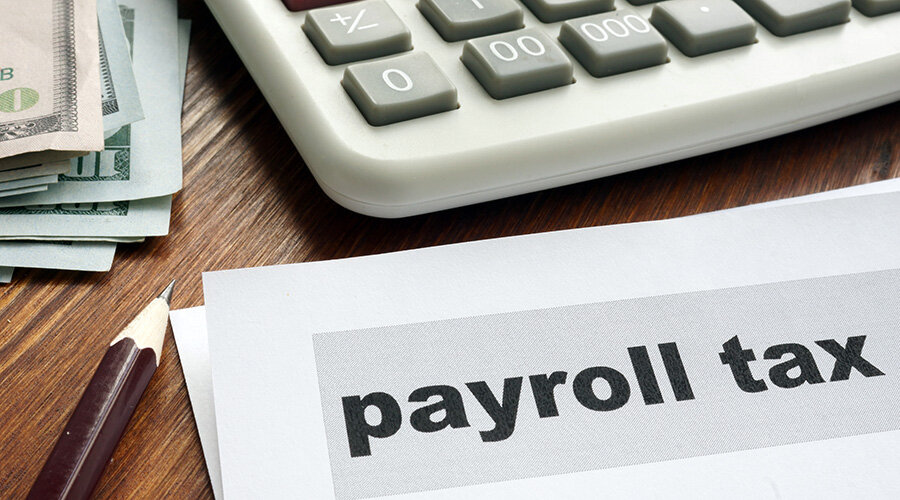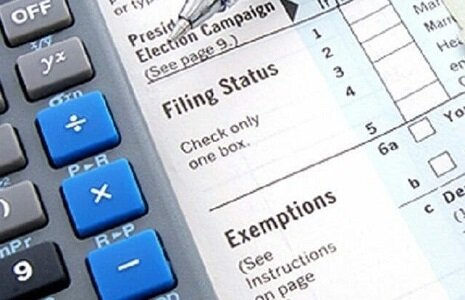Your Finances and the Upcoming Election
Recently we published a blog about financial uncertainties across our nation as the countdown to the 2020 US election continues. Clearly, some of the most concerning of those are potential changes to federal tax laws. That is why we decided to follow up with specific financial information and strategies that we believe could be effective should such changes occur.
Let’s start with the bottom line. A lot can, and will, change between now and the election. The reality is that no matter the outcome, proposals take time to become legislation. Additionally, to make changes to the tax code, Congress must pass a bill by a majority vote (in both the House and the Senate), followed by the president signing it into law. With the current political makeup of Congress, that path will be difficult.
None the less, if changes to federal tax laws are on the horizon post November 3rd, below are some suggested scenarios and strategies we believe could be effective in protecting your investments and portfolios, if initiated by year’s end.
Most importantly, we suggest you take this pre-election time to GIVE US A CALL to review your financial concerns and plans, and help you stay focused on a diverse portfolio allocation and wealth management plan and avoid distraction-driven election proposals.
Parts of this blog were excerpted from a Charles Schwab investment advisory.
The top marginal tax rate is raised from 37% to 39.6% for income over $400,000.
- If possible, defer losses and deductions to future tax years, when tax rates could be higher.
- Initiate Roth conversions which could potentially reduce future taxable distributions.
Tax capital gains and qualified dividends are established for incomes over $1 million at the ordinary income tax rate of 39.6%.
- Utilize tax gain harvesting to lock in capital gains at the current preferential rates.
- Defer loss recognition and possibly deductions to future tax years when taxes could be higher, which could increase the tax benefits of the loss deduction.
Basis on transfers of appreciated property at death are stepped up and the federal estate tax exemption is decreased by 50% or more.
- Gift assets to lock in the estate tax exemption and avoid losing the higher limits, which could disappear if tax policy is changed.
Itemized deductions are capped at 28% of income.
- Consider accelerating deductions if the 28% limit could cause some deductions to be lost in the future.
Tax credits for middle-to-low-income households are increased.
- These tax credits would have income limitations, and there is little higher-income households can do to qualify for them.
The corporate tax rate in increased from a flat 28% from 21%, and tax book income of companies at an increase of 15% if they do not report taxable income.
- Clients should review their portfolios and ensure proper diversification to help mitigate the potential negative impact from reduced corporate profits due to increased taxes.
Start collecting additional taxes for Social Security after $400,000 of income.
Owners of pass-through businesses (such as LLCs and partnerships) could consider a transition to an S-corporation to reduce Social Security taxes.
The tax deduction for 401(k) contributions is changed to a tax credit (discussed but not a proposal.)
- For this year continue to contribute to a 401(k) as you normally would.
- Start or increase contributions to a Roth 401(k).
- If passed into law, those who may not receive a tax credit for contributions should consider a Roth account or saving efficiently in a brokerage account.
Parts of this blog are based on a Charles Schwab advisory publication.



